It’s counterproductive, illogical, and likely to cause problems for our future selves. And yet, we’ve all done it. Yep, we’re talking about procrastination.
So why do we put off doing the things we need to do? And how can we boost our productivity by overcoming procrastination?
That’s what we’re here to find out. So no delays here: Let’s dive in and take a look at what procrastination is, some common causes of procrastination, side effects of delaying important tasks, and ultimately, what you can do to take back control now.
What is Procrastination? The Definition of Procrastination
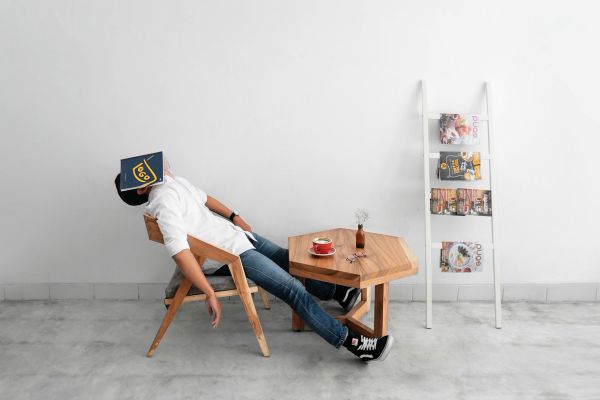
Procrastination. What is it exactly? Look in a dictionary and you might be told it’s “the action of delaying or postponing something”.
But we all know there’s more to it than that. Procrastination isn’t just a delay; it’s a delay that we know is going to come back and bite us in the ass (and yet we do it anyway).
Here’s how some psychologists put it:
Voluntarily delaying an intended course of action despite the negative consequences of that delay.” (Klingsiek, 2013)
or
The voluntary delay of an intended and necessary and/or (personally) important activity, despite expecting potential negative consequences that outweigh the positive consequences of the delay.” (Visser et al, 2018)
Basically, procrastination makes no sense. So why do we do it?
The Most Common Causes of Procrastination
Is it us? Our environment? The task itself?
It could be any or all of those things. Here are some of the factors that cause procrastination:
1. Demographics
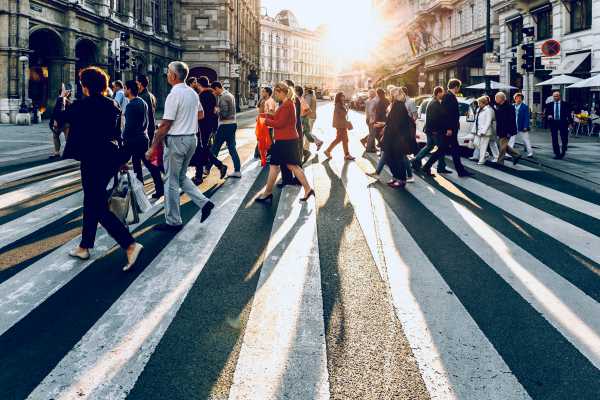
According to studies, your age and gender play a role. Firstly, men are slightly more prone to procrastination than women. (One study even claims that “if women procrastinated the same as men, there should be 1.5 million fewer women in full-time employment in the US. alone.” Yikes.)
And the older we get, the less we tend to procrastinate — likely because our understanding of time changes as we age. The more concretely we view time, the more likely we are to use it wisely.
2. Personality traits

Research shows that particular personality traits correlate more strongly with the tendency to procrastinate. According to influential research by Piers Steel, some correlative traits are:
- Neuroticism: If you’re prone to feelings of anxiety, self-consciousness, and worry — aka, neuroticism — you might be more likely to put off doing tasks. The correlation here is only small, however.
- Conscientiousness: People who score highly in conscientiousness are less likely to procrastinate. Why? They also tend to have qualities like self-discipline, industriousness, and persistence.
- Impulsiveness and lack of self-control: Impulsive people may be more likely to go after things that provide instant gratification at the expense of their long-term responsibilities.
3. The task at hand
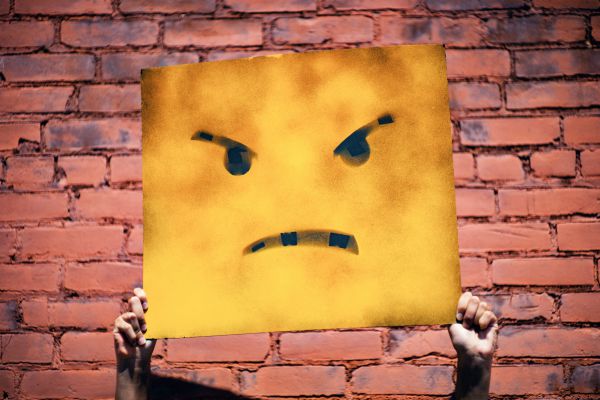
It’s a bit of a no-brainer: When the thing you have to do totally sucks, you’re less likely to dive in and do it.
Steel calls this task aversiveness. Tasks that are boring, unpleasant, or that cause anxiety are tasks we are (naturally) inclined to avoid. (Don’t worry, we’ll look at how to get around this later.)
4. Irrational beliefs

If you believe you’re incapable of doing something (in psychological terms this is called low self-efficacy) the fear of failure can cause you to procrastinate.
Another thing that falls under this banner is self-handicapping, which has also been correlated with procrastination. Self-handicapping is a kind of self-sabotage. We put obstacles in our own path so that, if we fail, we have an external excuse to blame it on, thus protecting our own self-esteem.
Actions like these are considered to be based on irrational beliefs because they hinder rather than help our performance, often without any real basis.
Effects of Procrastination

You’ll start on that report tomorrow. What’s one more day? And hey, the looming deadline will give you the kick in the butt you need to get going.
If this situation is all too familiar, maybe procrastination is just something that we all do. So is it really that bad?
Some psychologists argue for the existence of a positive form of procrastination, called “active” procrastination. In other words, you deliberately make a logical decision to put off a task. But there’s no consensus as to whether that type of delay could truly be called procrastination.
As procrastination expert and author Dr. Timothy A Pychyl argues, “procrastination, like … other forms of self-regulatory failure, is negative. It’s really that simple.”
So procrastination is, by definition, not desirable. Studies show that:
- Procrastination is related to low self-esteem. Those with low self-esteem procrastinate to protect themselves from failing. It’s also circular: Procrastination’s impact on performance leads to a negative impact on self-esteem.
- Procrastination makes you more stressed and less healthy. In a 1997 study, students who procrastinated “reported higher stress and more illness late in the term, and overall they were sicker.”
- Procrastination hurts your grades. A meta-analysis that included over 38,000 participants concluded that “procrastination was negatively correlated with academic performance”. Moreover, the same study as above found that, in addition to being more stressed, “procrastinators also received lower grades on all assignments”.
- Procrastination hurts your well-being. Research links procrastination with poorer mental health and delays in seeking treatment. Another recent study that looked at social media as a form of procrastination found that procrastinating with Facebook “can impair users’ well-being”.
We could go on, but point made: You’re better off kicking the procrastination habit. So how do you do that?
How to Stop Procrastinating

The first step in beating procrastination is to realize you’re doing it. The second step? Try to understand why you’re avoiding the task. That will help you pick the right strategy to get moving.
Keep these tricks up your sleeve and draw on them when you catch yourself procrastinating.
Just start

Momentum is an amazing force. Use it! Break down a project or activity into super-small, simple tasks and start by just doing one. It could be as simple as putting on your jogging shoes or opening up a blank document, without worrying too much about what comes next.
In his book, Solving the Procrastination Puzzle, Timothy Pychyl describes how study participants’ perceptions of a task changed once they started to engage with it. In other words: Start, and the dread melts away.
“Just get started. That is the moral here,” says Pychyl. “Once we start a task, it is rarely as bad as we think.”
Find (or change) your why
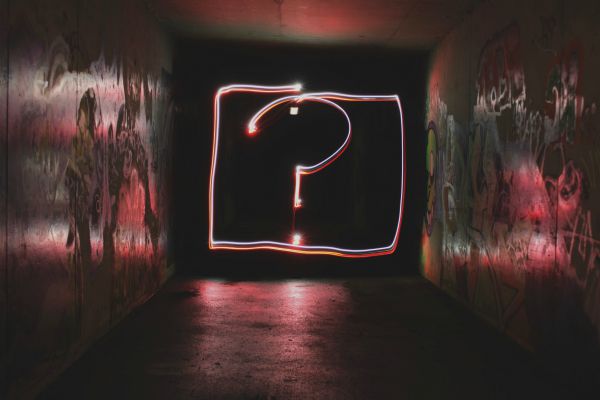
Psychologists break motivation down into two main types: intrinsic (or internal) and extrinsic (external). Intrinsic motivations are consistently shown to be better at driving us toward our goals.
If you’re facing a dreaded task that you keep putting off, ask yourself what your motivation is for doing it. If you only have an external motivation to do that task (like writing a report because your boss is making you do it), try and find a deeper, internal why instead. Maybe finishing that report will give you a sense of accomplishment, or the opportunity to learn something new.
Be more mindful

A 2012 study found that “procrastination was associated with low mindfulness” — and also that being more mindful helped to counteract the negative effects of procrastination.
Mindfulness here is defined as being present, self-aware, and non-judgmentally accepting of one’s thoughts and feelings. When you’re mindful, you’re less likely to try and avoid unpleasant feelings (and therefore less likely to procrastinate) and also more likely to persist with difficult tasks.
The bottom line? Try using a mindfulness practice to bring yourself into the present and be more accepting of what’s negative. This can help you overcome that urge to procrastinate.
Change the task itself
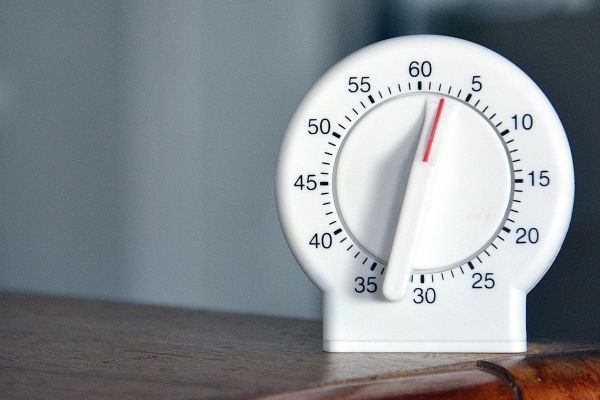
Some tasks are just blah. Doing the dishes. Doing your taxes. Studying for an exam.
So try to make them more appealing.
How? Gamification is one strategy. Some research shows that gamifying a task can foster motivation. Making boring tasks more challenging also makes them more engaging. So set a timer for those dishes and race against the clock. It just may work.
In the study by Piers Steel, he also mentions linking a negative task with something positive. So if you like being social, try studying in a group rather than alone.
Overcoming Procrastination

So we’ve laid out a few strategies you can use the moment an urge to procrastinate hits. But what about kicking the procrastination habit long term?
1. Harness the power of habit
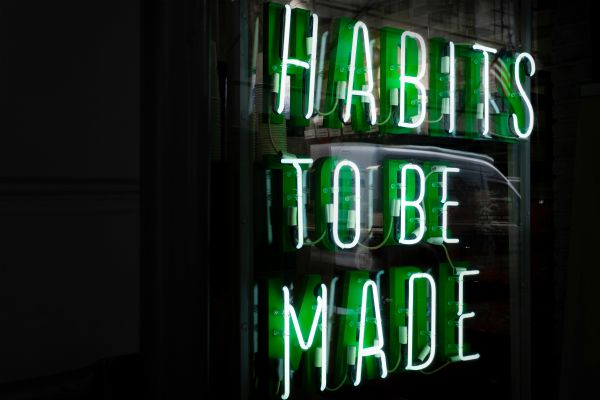
Habits are powerful because they make doing something automatic. That means you don’t think too much about it, you just get it done. Like brushing your teeth.
Building a task into a routine or turning it into a habit makes it a no-brainer — which in turn means you’re less likely to put it off.
Not sure how to build habits? Start here.
2. Build self-efficacy
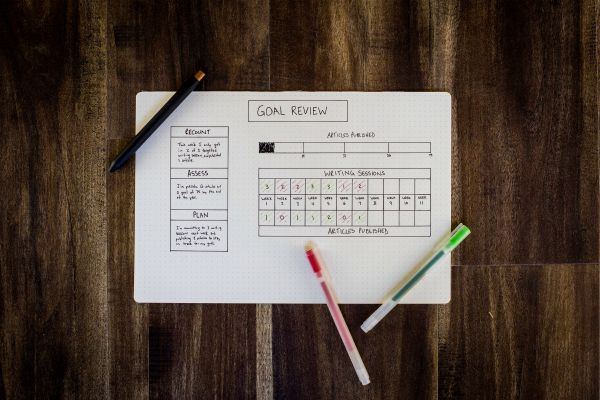
Plenty of research shows that making progress on your goals becomes a kind of positive reinforcement. It builds confidence and makes you more inclined to keep going. (For example, students feel capable of building their skills when they perceive goal progress.)
So if procrastination can come from the belief that you’re not competent enough to complete your goals, build self-efficacy by starting small. Tackle tasks you are confident you can manage or steps of those bigger tasks to increase your belief in your abilities. This can help to counter any fear of failure you might experience.
3. Know your personality — and work with it

Remember how some personality traits connect with procrastination? Well, a good long-term strategy is to understand your own personality and work with it.
If you’re prone to anxiety, look for ways to help you cope with it. For example, you might start a meditation habit.
To become more conscientious, researchers have suggested that it’s not so much about regulating people’s negative emotions but rather “raising their levels of organization and goal-directedness”. That might mean learning how to set better goals and using routines to be more organized.
Don’t write off your personality traits as given-at-birth and totally out of your control; there are ways you can work to change them.
4. Use the right tools: Panda Planner Pro
Managing tasks, tracking goals, and building habits are all infinitely easier if you have the right tools. Our number one pick? A planner that’s been designed around research and science.
Panda Planner is exactly that. If you’re looking to get organized, you can do so by tracking your agenda, goals, and routines within its pages. One major benefit of using a paper-based system like Panda Planner is that you can do everything in one place and in a highly visual way, rather than relying on multiple apps and devices.
The pro version lasts for six months instead of three, which is perfect for those of us who procrastinate buying a new one.
Grab your Panda Planner Pro today and get 15% off your order with code: PROCRASTINATION15
Procrastination isn’t easy to kick (don’t we all know it). But armed with a deeper understanding of why we do it and how it works, plus the right tricks and tools to combat it, you’ll be on the right path toward a procrastination-free life.
Your turn: How do you deal with the effects of procrastination? What about the causes of it? Tell us in the comments.
Here are even more ways to take on procrastination.
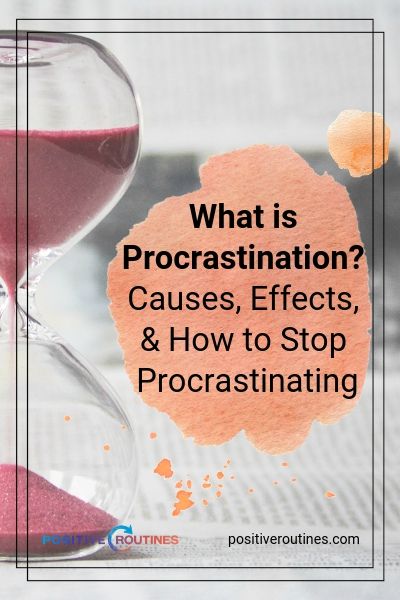
Author: Tania Braukamper
Tania Braukamper is an Australian-born writer and photographer. She believes in curiosity, kindness, and adventure as a state of mind.

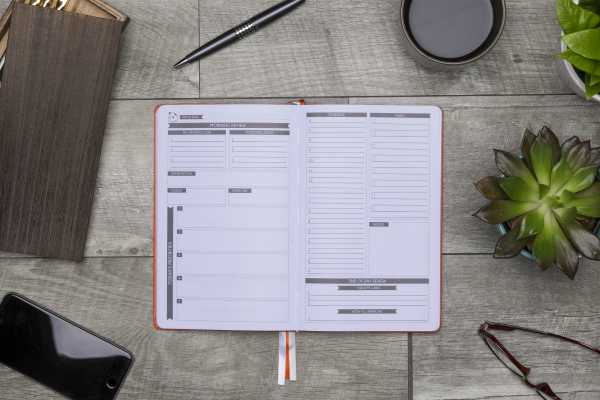
Let Us Know What You Think